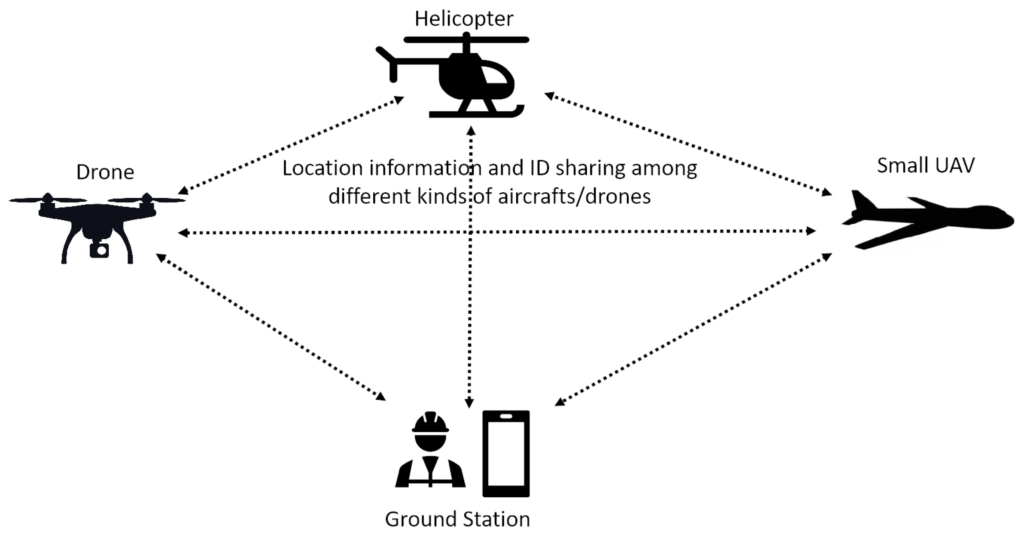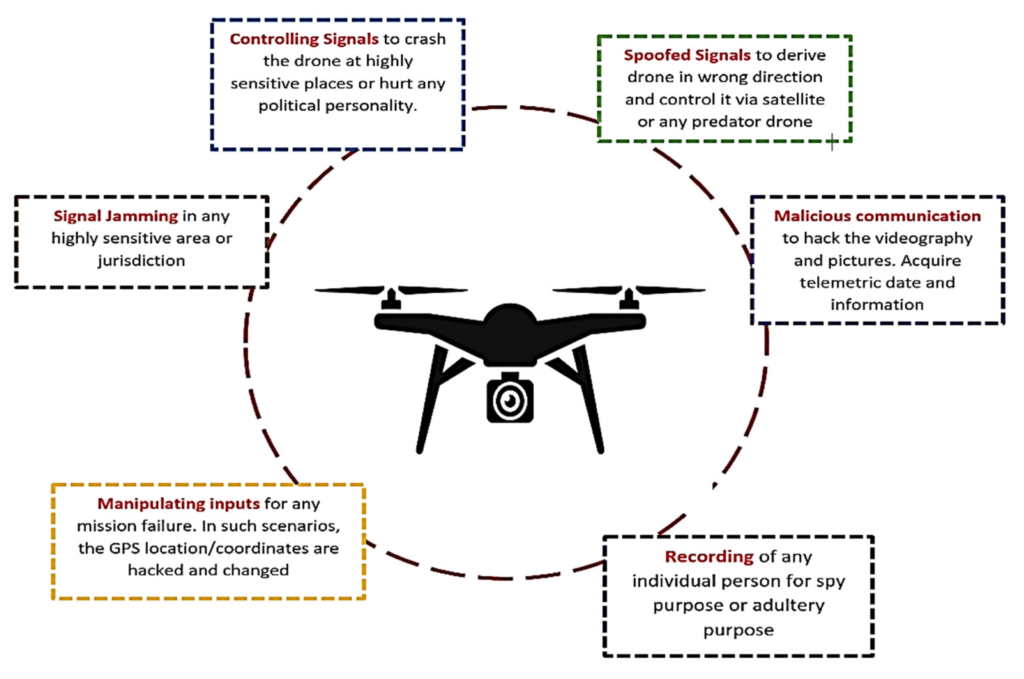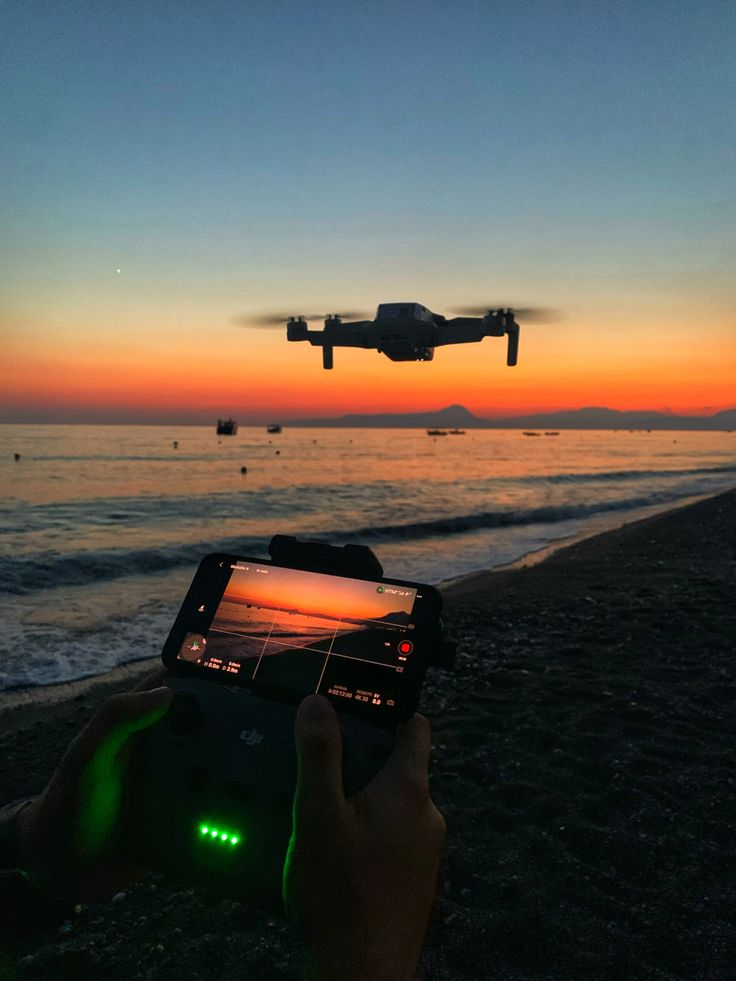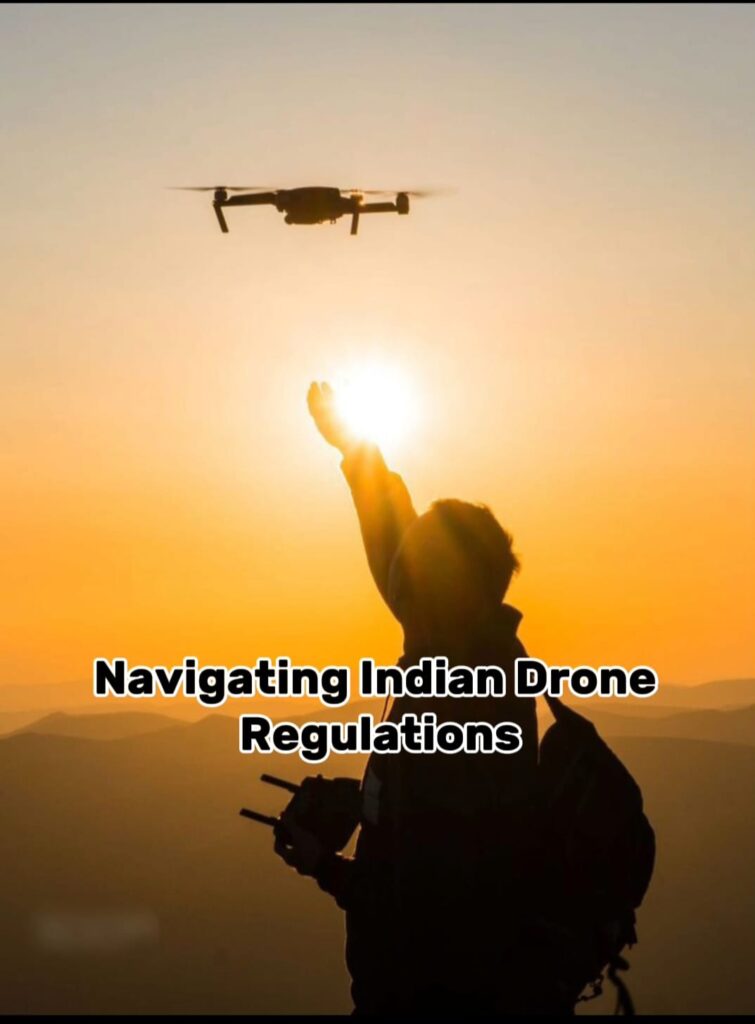Meta Description https://www.linkedin.com/company/103354579/admin/dashboard/
Get insights into navigating the complex regulatory challenges in drone operations for surveying companies in India. Learn about drone regulations, compliance tips, and more.
Introduction
Drones have revolutionized the surveying industry, offering unprecedented efficiency and precision. However, surveying companies in India must navigate a complex regulatory landscape to harness this technology effectively. This guide provides an in-depth look at current regulations, common challenges, and practical strategies for compliance, ensuring your operations remain smooth and legal.
Understanding Drone Regulations in India https://afconesinfra.in/category/blog/
The Directorate General of Civil Aviation (DGCA) oversees the regulatory framework for drone operations in India. Key regulations include:
- UAS (Unmanned Aircraft Systems) Rules, 2021: These rules outline everything from registration to operational parameters, focusing on safety and security.
- Drone Registration: Every drone must register on the Digital Sky Platform. Each drone requires a Unique Identification Number (UIN) before legal operation.
- Pilot Certification: Anyone operating drones needs a Remote Pilot License (RPL). Completing a DGCA-approved training program equips pilots with essential skills and knowledge.
- No Fly Zones: Understanding restricted airspace is crucial. These zones include areas around airports, military installations, and densely populated regions where drone operations may face limitations.

Common Regulatory Challenges https://www.honeywell.com/us/en/news/2021/08/drone-challenges-and-how-to-solve-them
- Complex Compliance Requirements: The intricate nature of drone surveying laws can be daunting. Companies must secure the necessary licenses and adhere to operational guidelines.
- Limited Airspace Access: Regulatory constraints often restrict access to key operational areas. Understanding these limitations proves critical for project planning and execution.
- Evolving Laws: The drone regulatory framework continuously changes. Staying informed about updates and amendments is vital for maintaining compliance and avoiding penalties.
- Insurance and Liability Issues: Companies must navigate the complexities of insurance coverage for drone operations to meet legal requirements and protect their assets.
Practical Advice for Compliancehttps://www.flyability.com/articles-and-media/gdpr-drones
- Stay Updated: Regularly visit the DGCA website and subscribe to industry newsletters. Keeping abreast of regulatory changes helps you adapt quickly.
- Engage with Local Authorities: Establish connections with local aviation and regulatory bodies. These relationships provide valuable insights and assistance when navigating specific regional laws.
- Train Your Staff: Invest in ongoing training for all personnel involved in drone operations. Comprehensive training ensures your team understands compliance requirements and operational best practices.
- Consult with Legal Experts: Consulting legal advisors who specialize in aviation and drone regulations ensures your business remains fully compliant.

Best Practices for Drone Surveying
- Develop a Compliance Checklist: Create a detailed checklist that outlines all regulatory requirements specific to your operations. This proactive approach streamlines compliance processes.
- Document Everything: Maintain meticulous records of all drone flights, pilot licenses, and drone registrations. This documentation proves invaluable during audits or inspections.
- Utilize Technology: Leverage software tools designed to manage flight operations, track compliance, and maintain documentation. These tools significantly enhance operational efficiency and compliance monitoring.
- Conduct Regular Audits: Schedule periodic internal audits to assess compliance with regulations and identify areas for improvement. Regular reviews help you catch potential issues before they escalate.

Conclusion
Navigating the regulatory challenges associated with drone operation compliance in India is not just a legal obligation; it serves as a pathway to operational success. By understanding the regulations, staying informed, and implementing best practices, surveying companies can mitigate risks and leverage drone technology effectively.
As the drone landscape evolves, a proactive approach to compliance positions your company to adapt swiftly to changes, ensuring you remain competitive in the market.https://afconesinfra.in/contact/

